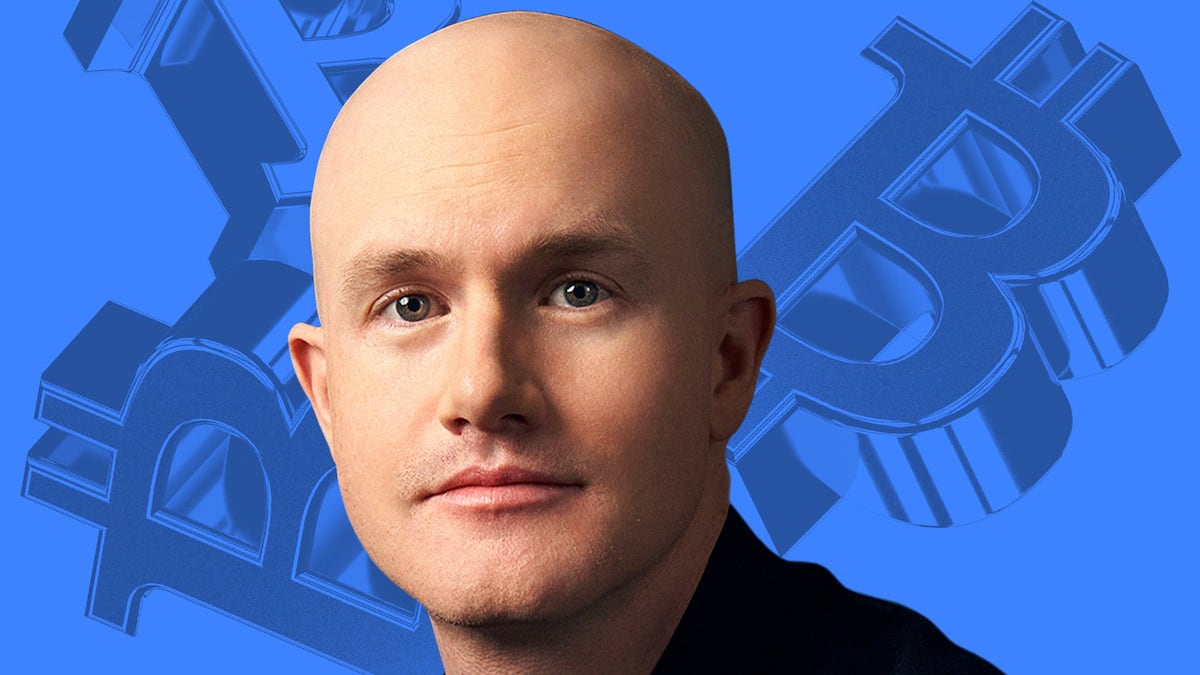- Bitcoin has outgrown its countercultural roots and is now a respectable asset class.
- Risks remain however if Satoshi’s identity is revealed
An HBO documentary claims Bitcoin developer Peter Todd is Satoshi Nakamoto, the pseudonymous inventor of Bitcoin who is worth some $68 billion.
But more than a decade after the first Bitcoins were created, solving the beguiling mystery of Satoshi’s identity doesn’t even matter anymore.
Thank Wall Street.
“Now that the [Bitcoin] network is global and robust, uncovering Satoshi’s identity holds relevance only for history books or entertainment value,” Samir Kerbage, chief investment officer at asset manager Hashdex, told DL News.
Adoption by finance giants like BlackRock, Fidelity and Franklin Templeton means the cryptocurrency has turned into a mainstream asset class.
Nakamoto’s true identity, Kerbage said, “doesn’t alter Bitcoin’s fundamentals or its long-term investment case.”
Downward pressure
Analysts have long worried that if Satoshi was identified, and alive, there was a risk he could sell his Bitcoin and drive the price to the floor. Nakamoto owns 1.1 million Bitcoins worth almost $68 billion in dormant wallets.
In its quarterly reports, Coinbase lists the naming of Nakamoto as a risk to Bitcoin’s price that investors should consider, along with inflation, monetary policy, and geopolitical events.
The crypto exchange owns about $60 billion worth of Bitcoin, and provides custody services for most of the US spot ETFs.
“When there’s a faceless person behind it, it’s much harder to imagine them selling,” Adam Morgan McCarthy, a research analyst at Kaiko, told DL News.
“It it turned out ot be someone real, that changes the perception of the wallets being ‘dormant.’”
However, exchange-traded funds that track Bitcoin, from BlackRock and almost a dozen other firms, now hold almost as much Bitcoin as Satoshi does — one million, worth about $67 billion.
Nakamoto’s true identity will become less and less a factor in driving Bitcoin’s price as the ETFs come closer to outstripping Satoshi’s holdings, McCarthy said.
Wall Street muscles in
Wall Street has always been interested in Bitcoin.
Investment banks started tinkering with blockchain in around 2012, seeing it as a replacement for the inefficient and expensive infrastructure on which financial institutions transact with one another.
They were careful to tell investors and regulators that it wasn’t Bitcoin — a volatile and fringe asset — they were interested in, just the underlying tech.
Still, traders dabbled in the asset, and adoption gained momentum in the crypto spring of 2021 when hedge funds like Brevan Howard set up dedicated crypto trading desks.
But the most telling development was the launch of spot Bitcoin ETFs in the US earlier this year.
These ETFs represent an accessible and familiar way for ordinary investors to benefit off the price of Bitcoin, while being shielded from the risks inherent in direct ownership of the asset.
Investment firms are even trying to make Bitcoin appealing to pensioners.
Michael Saylor’s Microstrategy firm also now owns a lot of Bitcoin too, McCarthy added — 252,220, worth about $15.5 billion.
Knife’s edge
Much of this is positive for Bitcoin. It confers legitimacy and better infrastructure, like the ETFs, meaning wider acceptance among investors.
However, it does put Bitcoin’s future on a knife’s edge between mainstream acceptance and losing the qualities that made it special, Dr Pooja Lekhi, vice chair MBA in the department of quantitative studies at University Canada West, told DL News.
“While institutional adoption validates Bitcoin’s significance, it also raises concerns that its original goal of decentralisation could be diluted, shifting the technology closer to the traditional systems it was meant to disrupt,” Lekhi said.
Update: A previous version wrongly said that Dr Lekhi’s name was Pooka Lekhi. That is wrong. Her name is Pooja Lekhi.
Reach out to the authors at joanna@dlnews.com and eric@dlnews.com.


